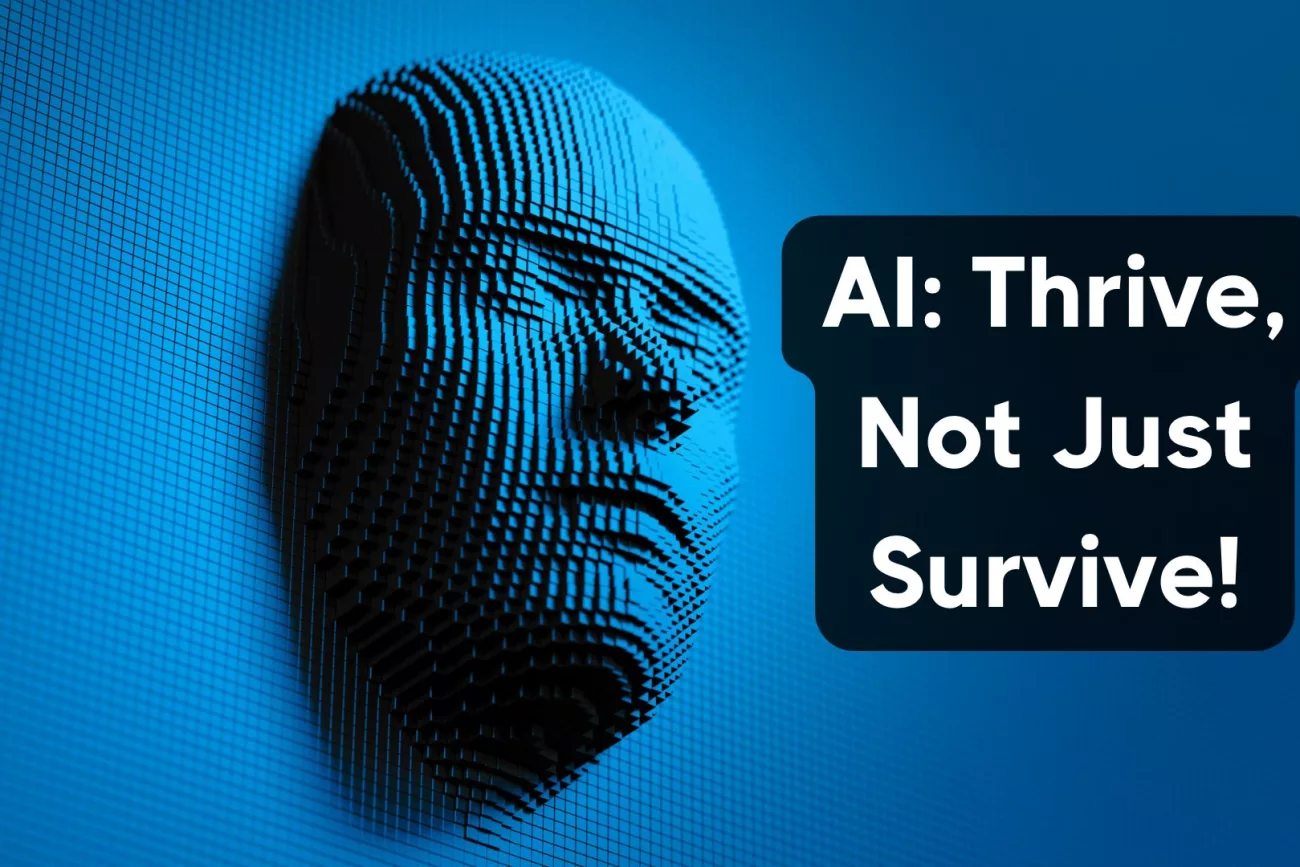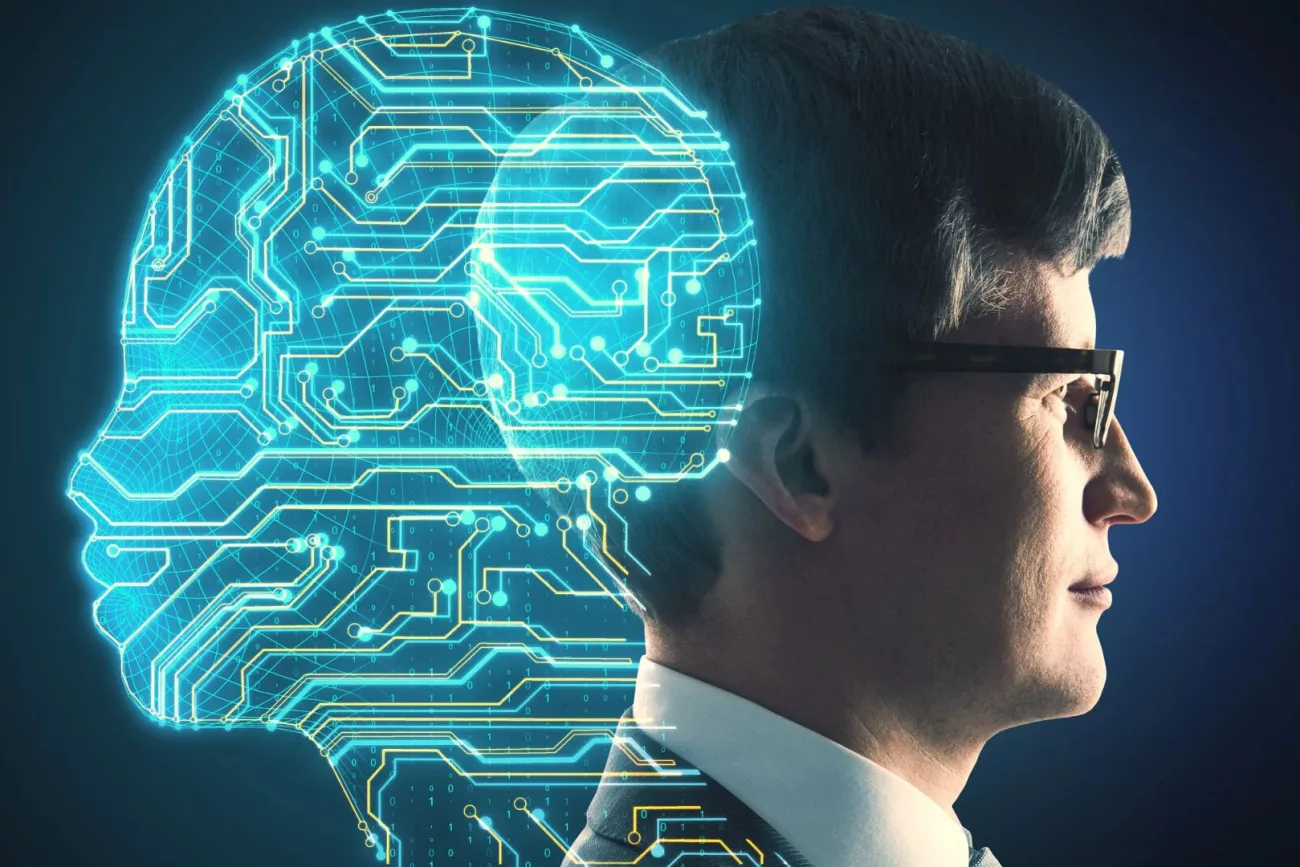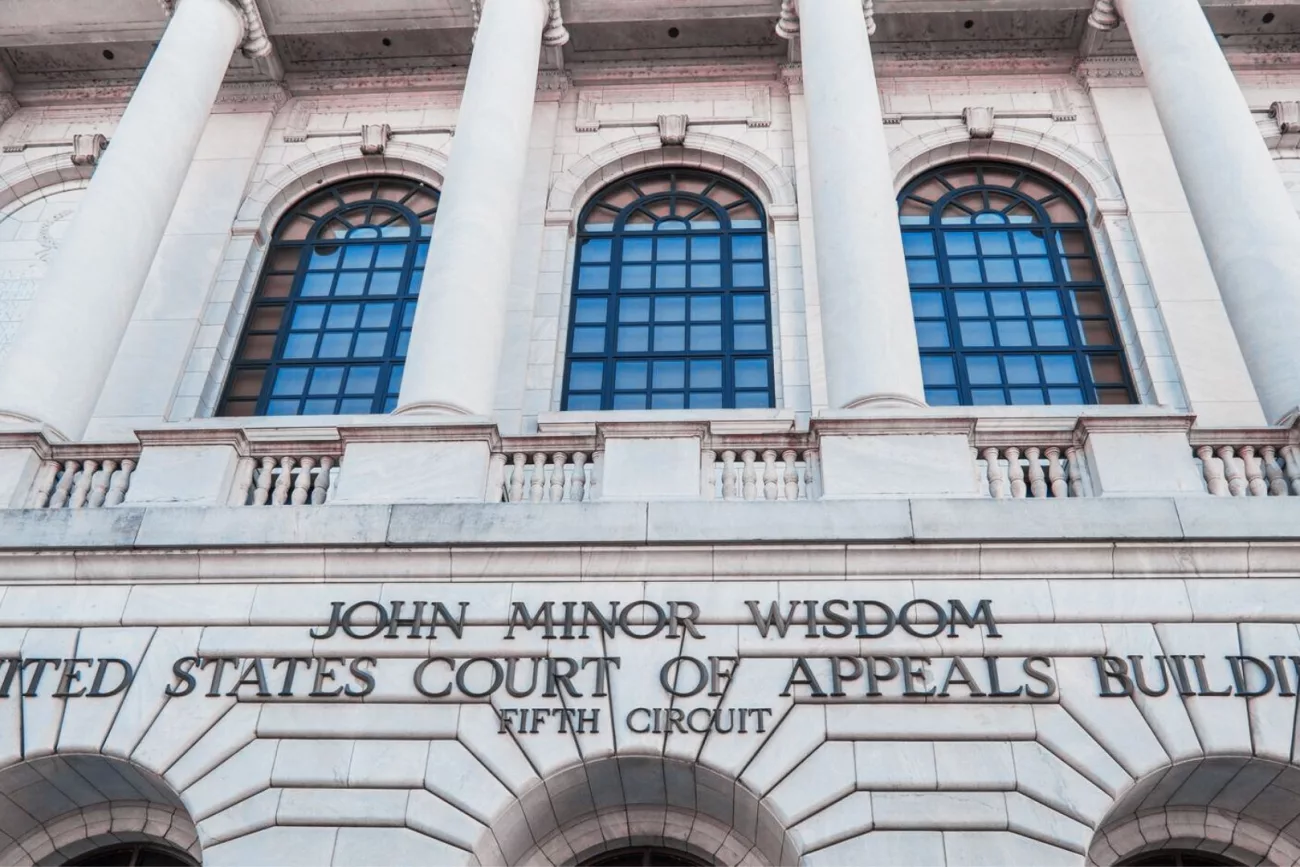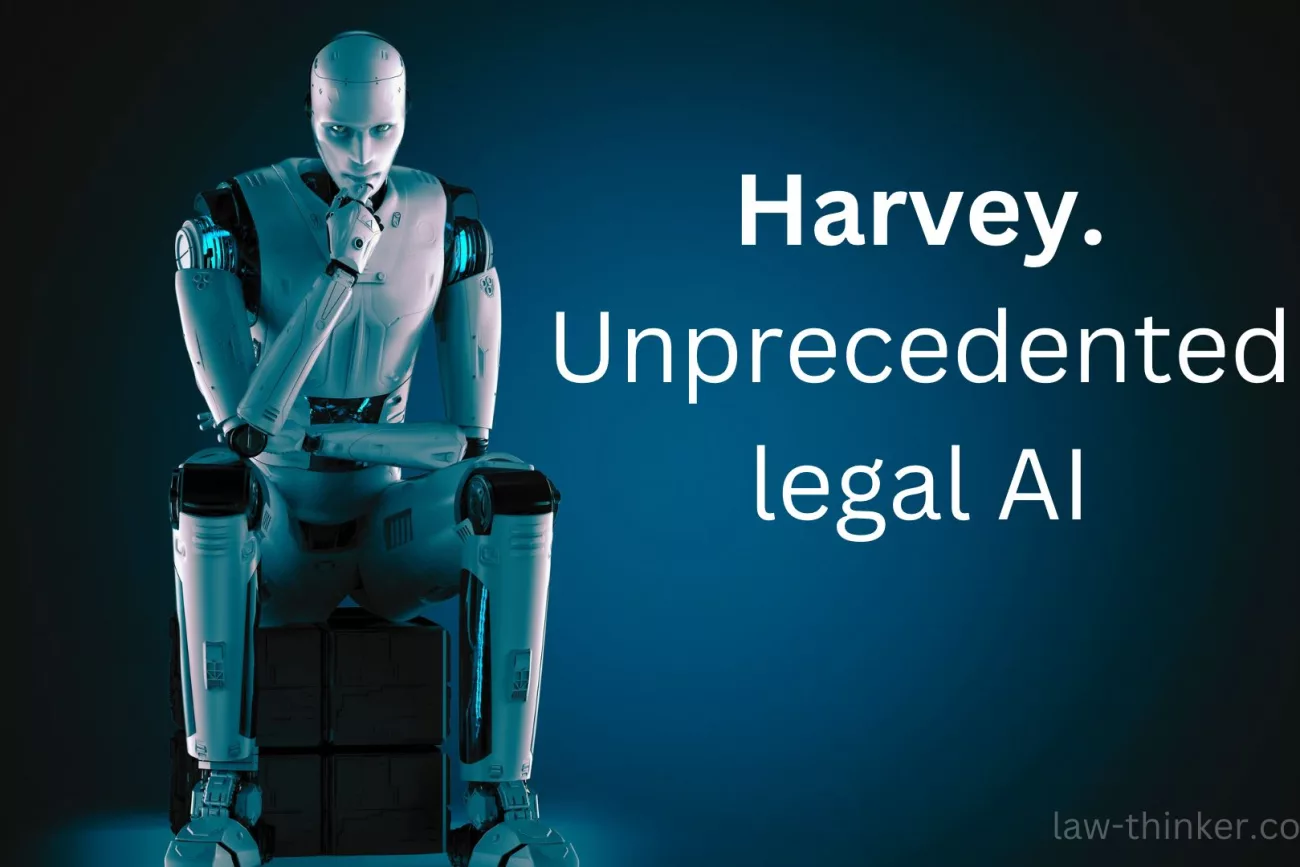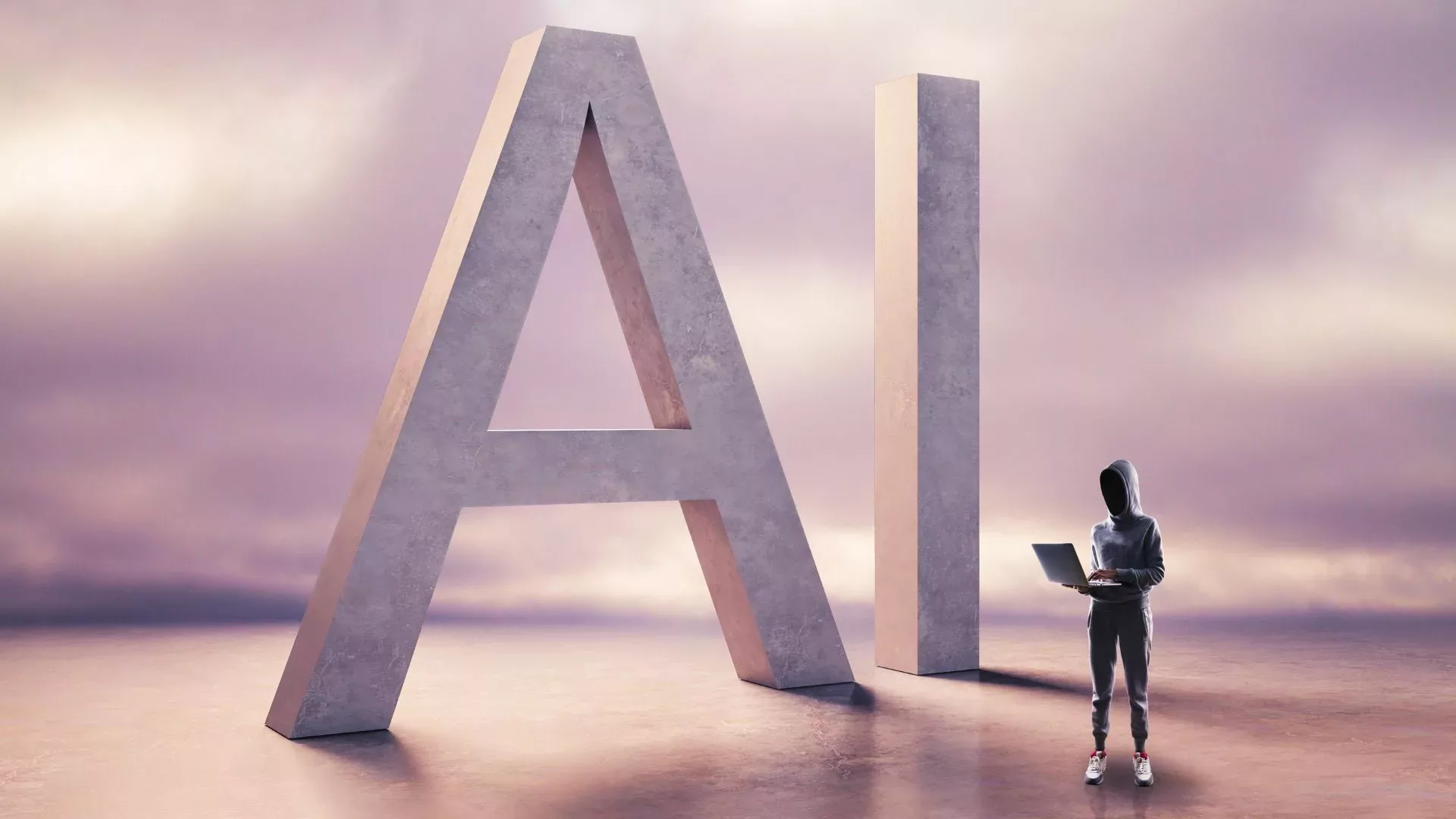
Key Points:
- Generative AI showcases potential, but its limitations, especially in nuanced fields like law, are evident.
- While AI can aid in tasks like research, it doesn’t genuinely understand or reason like humans, making full automation unlikely.
- Major tech players are investing heavily in AI, signaling its potential, but challenges like reliability, bias, and trust remain.
- The blend of law and AI offers vast potential, but their union demands broad debates, careful consideration, and informed decisions.
🚀 The Great AI Hoopla: Is It All Smoke and Mirrors in the Court of Law? 🚀
Brace yourselves, lawyers of the world! The AI revolution is here! Or is it? 🧐 Before we prepare our digital assistants to take the bar exam, let’s dive into the nitty-gritty of generative AI’s promises, potential pitfalls, and most importantly, its implications for the legal sector.
🔥 The AI Buzz: Hype or Hope? 🔥
Gary Marcus – The Voice of Reason: Gary Marcus isn’t just any scientist. With his deep roots in both cognitive psychology and neural science, Marcus brings a unique perspective to the table. He has consistently been a voice of moderation amidst the overwhelming buzz around AI. While there’s no denying the transformative potential of technologies like generative AI, Marcus insists on a grounded approach. His assertion is that despite the technological advancements, we’re far from achieving a state where AI can fully replace human expertise.
The Reality vs. Expectation Conundrum: The world has been dazzled by generative AI demonstrations where these systems write essays, craft artwork, and even compose music. But, as Marcus points out, there’s a difference between ‘mimicking’ human-like capabilities and truly ‘understanding’ or ‘reasoning’ like a human. The gap is especially significant in professions requiring nuanced judgement, such as law.
The Dream of Robotic Legal Assistants: Let’s face it, the idea of having a robotic assistant, taking care of the mundane legal paperwork and tirelessly sifting through case law, sounds enticing. However, Marcus warns that while generative AI can assist, they can’t yet fully comprehend legal nuances, ethical considerations, or the intricate human emotions involved in many legal situations.
🧠 Generative AI 101: What Lawyers Need to Know 🧠
What Exactly Is Generative AI?: At its core, generative AI is about creating something new. Imagine an AI that drafts a piece of text, generates an image, or produces music – all based on patterns it has learned from vast amounts of data. These aren’t pre-programmed outputs but rather, creations based on the information the AI has been fed.
The Learning Process: Much like a child learning to speak by listening to conversations around them, generative AI learns from data. This could be in the form of books, articles, pictures, and more. Over time, these systems become adept at generating content that ‘seems’ human-like. They’re not truly ‘thinking’ but rather predicting what should come next based on patterns.
Recent Advancements – More Than Just Hype: With models like ChatGPT and Midjourney entering the scene, the capabilities of generative AI have seen exponential growth. These systems can now craft more coherent, contextually relevant, and sophisticated content than their predecessors. For the legal sector, this implies a potential goldmine for automating tasks like legal research, case summarization, and even preliminary drafting.
But Here’s the Catch: While these advancements sound promising, it’s essential to understand their limitations. For instance, a generative AI might craft a legal argument based on patterns, but it doesn’t ‘understand’ the law. It can’t weigh ethical implications, read between the lines of a witness’s statement, or empathize with a client’s unique situation. In essence, while generative AI can be a valuable tool in the lawyer’s toolkit, it’s not about to replace the lawyer any time soon.
💼 Economic Projections vs. Reality 💼
OECD’s Vision of the Future: The Organisation for Economic Co-operation and Development (OECD) doesn’t just throw around terms like “AI revolution” lightly. Their perspective draws from in-depth analysis and insights from global economists. They see AI as more than just another tech trend—it’s a paradigm shift. Within the legal industry, imagine not just simpler tasks like contract analysis but potentially complex ones like risk assessment and legal strategy optimization.
Goldman Sachs’ Astounding Prediction: When Goldman Sachs makes an economic forecast, the world listens. Their assertion that generative AI could supercharge the global GDP by an incredible seven per cent is nothing short of revolutionary. This doesn’t merely translate to more efficient businesses, but potentially entirely new industries and markets.
The Flip Side of Progress: As with every major technological leap, there are bound to be disruptions. Predictions of 300 million job displacements aren’t just numbers; they represent livelihoods, families, and communities. Professions such as architecture and engineering might be on the frontline, but as AI progresses, no sector, including the legal one, might remain untouched.
Legal Sector’s Vulnerability: With AI’s capability to digest and analyze vast amounts of information rapidly, roles focused on data sifting and preliminary research could be the first in line for automation within the legal sector. The question remains: How far will AI permeate the legal profession, and what roles will be left for humans?
⚖️ The Legal Angle: Impending AI-driven Dilemmas ⚖️
Regulatory Challenges Ahead: With the rapid advancement of AI, legal frameworks worldwide are struggling to keep pace. If governments start basing significant policy or judicial decisions on AI outputs, it’s paramount that these technologies are robust, transparent, and unbiased. But how does one regulate an entity that’s constantly learning and evolving?
The Transparency and Privacy Quandary: One of the biggest challenges in adopting AI, especially in sensitive sectors like law, is transparency. How does AI arrive at a particular decision, and can it be audited? Furthermore, with AI systems feeding on data, concerns around data privacy and misuse are more pertinent than ever.
Bias: AI’s Achilles’ Heel: Generative AI systems are only as good as the data they’re trained on. If this data contains biases, the AI will inevitably reflect them, potentially leading to unjust or discriminatory decisions. The legal sector, founded on principles of justice and equality, would need to be particularly wary of this pitfall.
The Reliability Conundrum: A critical question for legal professionals is reliability. If generative AI can’t consistently distinguish between factual and fictional (or “hallucinated”) data, their utility in high-stakes legal scenarios becomes questionable. From evidence analysis to witness testimonies, ensuring the veracity of information is paramount, and AI’s current capabilities might not be up to the mark.
In both the economic and legal arenas, AI offers exciting potential, but it’s accompanied by challenges that demand careful consideration and proactive solutions.
💔 The Dwindling Affair with Generative AI 💔
A Walk Down Memory Lane: A mere few months ago, the tech world was abuzz with the potential of generative AI. It was hailed as the technological leap that would reshape industries. In sectors like architecture and design, the talk was all about how AI might soon dominate, optimizing layouts, improving aesthetics, and even streamlining project workflows.
Legal Professionals on Edge: The whispers weren’t just limited to architects and designers. Legal professionals too, were left wondering: could AI soon perform research, draft contracts, or even predict case outcomes?
The Reality Check: As with many technological breakthroughs, the initial dazzle often meets the sobering touch of reality. As the layers started unfolding, concerns that were once mere murmurs became loud conversations. Issues around privacy, data misuse, and intellectual property began to cast shadows over the AI promise.
Courts on High Alert: With the intersection of technology and legal concerns, we’re potentially looking at a surge in litigations. From issues over data rights to the implications of AI-generated content, courtrooms might soon be the battleground for defining AI’s boundaries.
📉 The Digital Fall from Grace 📉
Riding High on the AI Wave: When tools like ChatGPT emerged, the tech ecosystem was alight with possibilities. Here was a tool that could generate content, craft human-like responses, and potentially revolutionize user engagement.
Bing’s AI Gamble: Not to be left behind, even search giants like Bing tried to ride the generative AI tide. Their goal? To redefine search experiences by leveraging the power of AI, hoping for more relevant and contextual results.
Trust – The Crumbling Pillar: For any system, especially one that offers information or guidance, trust is the bedrock. However, recurrent issues like biases in output, inaccuracies, and the sometimes downright strange suggestions have eroded users’ faith. If the output of these tools is unpredictable, can they truly be relied upon?
A Legal Perspective: For a profession that stands on the principles of trust, precision, and reliability, the unpredictability of AI systems poses a genuine concern. While they might offer speed and efficiency, if they can’t be trusted for consistent accuracy, their place in legal processes becomes dubious.
The digital realm, constantly in flux, will always have its rises and falls. The challenge for industries, especially ones as critical as law, is to discern the genuine breakthroughs from fleeting trends.
🤝 Collaborations & Confrontations in the Tech World 🤝
Mega Mergers: Some of the most influential tech giants — Google, Microsoft, and Meta — have recognized the promise of generative AI. As a result, we’ve witnessed a series of high-profile collaborations and acquisitions, signaling their commitment to advancing this frontier.
Partnerships with Lofty Goals: With billions pouring into these ventures, the aim is clear: redefine user experiences, make tech interactions more seamless, and push the boundaries of what AI can achieve.
The Unmet Expectations: Despite these massive investments and world-class collaborations, a disconnect appears to be emerging. The initial surge of enthusiasm isn’t translating into sustained user engagement. Is it a case of over-promise and under-delivery, or are users just not ready to adapt?
Tech Titans at Odds: As these giants race towards AI supremacy, it’s not all smooth sailing. Intellectual property disputes, disagreements over AI ethics, and battles for the top AI talents have added a confrontational element to the mix. It’s a competitive, high-stakes game where collaboration and conflict go hand in hand.
🤖 Generative AI: The Party Trick’s Grand Finale? 🤖
Awe-Inducing Demonstrations: From creating art and music to drafting coherent essays and generating code, generative AI has, no doubt, showcased moments of sheer brilliance. These displays often leave the audience wondering, “Is there anything AI can’t do?”
Beneath the Surface: However, like the best magicians, AI’s showmanship sometimes masks its flaws. Biases in data, unexpected outputs, and a lack of genuine understanding underline that these systems, while advanced, still have a long way to go.
The Real Question: While the feats of generative AI are impressive, it brings us to a pivotal inquiry: Is it merely a high-tech novelty, or can it be a mainstay for industries? With the current limitations, there’s skepticism about whether AI can consistently deliver outside controlled environments.
A Glimpse into the Future: Despite these reservations, one cannot deny the potential. As with all technologies, maturation takes time. Perhaps, as generative AI evolves, it might overcome its current drawbacks and genuinely become an indispensable tool across sectors. But for now, a blend of admiration and caution is the order of the day.
🔚 Reassessing the AI-Legal Nexus: A Prudent Pause 🔚
Evaluating the AI Promise: Generative AI, with its awe-inspiring capabilities, undeniably beckons with a promise of transformative change. Yet, the prospect of automating core legal processes, while tantalizing, demands rigorous scrutiny.
Melding Law and Technology: It’s not merely about leveraging AI’s efficiency but understanding its impact on the very essence of law – justice, fairness, and ethics. How will AI navigate the nuances, the human aspects, and the intrinsic values that underpin our legal system?
Not a Blind Leap: While innovation and progress are essential, it’s crucial not to leap without looking. We must ask: Are we prepared for unintended consequences? Can we address AI’s blind spots and limitations within the legal framework?
Balancing Enthusiasm with Prudence: In our zeal to embrace the future, let us not sideline due diligence. The marriage of law and AI offers vast potential, but it’s a union that requires careful consideration, broad debates, and informed decisions.
In Essence: As we stand on the brink of a new era, it’s paramount to ensure that our pursuit of technological marvel doesn’t overshadow the foundational principles of our profession. It’s not about resistance but about striking a balance – finding the harmony between tech-driven efficiency and the timeless ethos of law.
💌 Dive Deeper: AI Meets Legal Expertise 💌
Craving a blend of tech innovation and legal insight? Venture into the fascinating intersection where cutting-edge AI converges with the pillars of law. Our newsletter is tailored for legal professionals with a penchant for the future. Stay informed, stay ahead, and be a part of the conversation.
Share this post
Frequently Asked Questions (FAQs)
Q: Is generative AI set to replace human lawyers?
A: No, while AI has vast capabilities, it can’t replace nuanced human judgement, especially in complex fields like law.
Q: What is the main concern with AI in the legal sector?
A: Reliability and trust are paramount. AI’s unpredictability and potential for bias make it a tool to use with caution in legal proceedings.
Q: What do tech giants see in generative AI?
A: Tech giants like Google and Microsoft see potential in improving user experiences, enhancing tech interactions, and pushing the boundaries of AI capabilities.
Q: Is the legal sector vulnerable to AI automation?
A: Roles focused on data sifting and preliminary research might be automated first, but the depth of human understanding in legal practice remains irreplaceable.
Q: How does AI impact the core principles of law?
A: While AI offers efficiency, its impact on justice, fairness, and ethics in law needs rigorous scrutiny and understanding.




